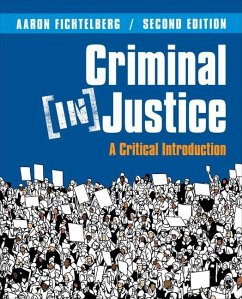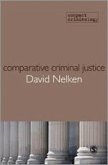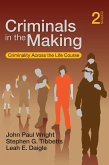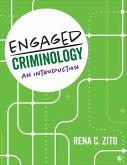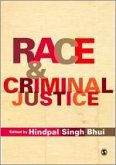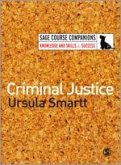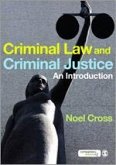Criminal (In)Justice: A Critical Introduction examines the American criminal justice system and the social forces that shape it. Using a conversational voice, the book challenges readers to consider the inequalities in the criminal justice system, then ask, "What can I do to make this better?"
Hinweis: Dieser Artikel kann nur an eine deutsche Lieferadresse ausgeliefert werden.
Hinweis: Dieser Artikel kann nur an eine deutsche Lieferadresse ausgeliefert werden.

